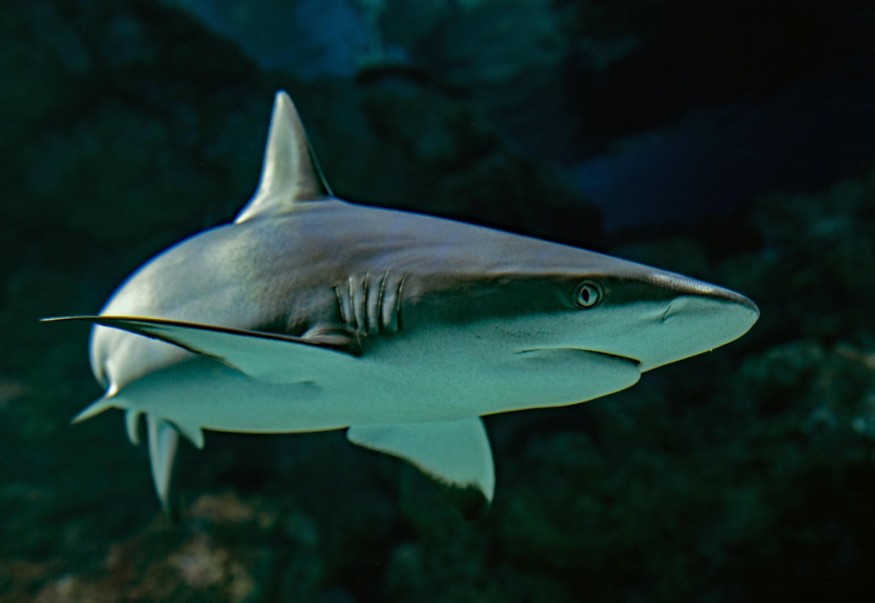
Sharks are known to be always on the move that even some great white sharks must continuously swim to keep water splashing over their gills to breathe. But that does not mean that they do not rest or sleep as it is universal in the animal kingdom. For birds, their brains sleep half of the time, while bats spend most of the daytime sleeping.
A new study confirms that sharks sleep although they do so while their eyes are open. An example is the small nocturnal shark native to New Zealand called the draughtsboard shark. Scientists saw its metabolism and posture change when they are at rest even while their eyes are open.
Sharks Sleep Too But With Both Eyes Open, Contrary to Their Reputation of Being Always on the Move
Signs That A shark is Sleeping
In the study, titled "Energy Conservation Characterizes Sleep in Sharks" published in Current Biology, researchers supported the hypothesis that organisms have evolved sleep to conserve energy. It might have not demonstrated that other kinds of sharks catch sleep like the draughtsboard shark, but it showed that they do sleep.
The same group of scientists from New Zealand and Australia first identified last year that draughtsboard sharks are sleepers. The New York Times reported that the team observed captured sharks in their tanks and tested whether they would react to stimulation during restful periods. These sharks commonly hang on the ocean floors and need not be constantly on the move to breathe.
Biologists Just Totally Proved Wrong a Long-Standing Rumor About Sharkshttps://t.co/4mWJMXXi7c pic.twitter.com/nEjk4ubrqV
— Damn Interesting (@DamnInteresting) March 9, 2022
They found that the sharks do not quickly respond to stimulation and are difficult to prompt into movement if they have already been still for a long time, suggesting they are indeed sleeping.
Then marine science Professor Craig Radford from the University of Auckland and colleagues compared the shark's metabolism while at rest for more than five minutes with being at rest for shorter periods and during active swimming. They found that they showed a drop in metabolic state when asleep compared to their alert state.
More so, sharks close their eyes in the morning mainly because of the presence of light and 38% of them keep their eyes open while sleeping at night. It implies that an open eye does is not a reliable indicator that a shark is asleep.
The team also looked at the posture of the sleeping shark and noted that draughtsboard sharks kept their bodies flat. They remained motionless for extended periods because their buccal or face muscle pumps oxygen-rich water across their gills.
ALSO READ : Two Female Sharks Reproduce Offspring; Recorded as First Case of Asexual Reproduction in Italy
Some Sharks Swim Even When Unconscious
Now that the study has proven that sharks do sleep, what about those shark species that need to be constantly moving to breathe? How do they take a rest and still move?
According to Science Alert, researchers suspect these sharks control their motion even while resting. A 1970s study found the mechanisms that oversee swimming movements among these shark species, including the small spiny dogfish shark.
Researchers of the study wrote that these mechanisms are located in the animal's spinal cord and not the brain. That means they could still be swimming even while staying unconscious.
RELATED ARTICLE: Greenland Sharks Live Hundreds of Years; Can These Sharks Teach Humans How to Live Long?
Check out more news and information on Sharks in Science Times.










